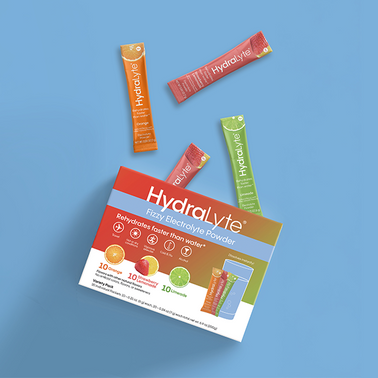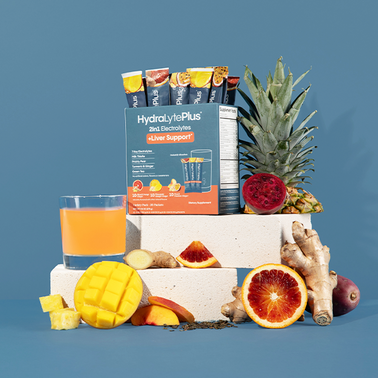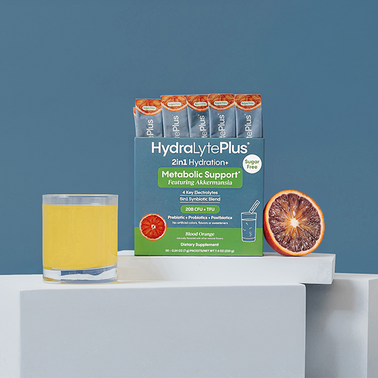Food poisoning - everyone's heard about it and no one wants it. It can happen to anyone and even if you enjoyed your food when you ate it, you won't enjoy seeing it again. Seafood, meat, unwashed vegetables, and dairy can all make you sick if they are not prepared correctly or left out for too long, and that's not an encompassing list!
How do people get food poisoning and what can you do if it happens to you?
Food poisoning, also called "food-borne illness," is when your food is contaminated with bacteria, viruses, or parasites that make you sick. This contamination can happen at any time, from when the food is produced to when it is cooked in your home. Food poisoning can occur within a few hours to a couple of days after eating the contaminated food. The illness can last for a few hours to several days. Symptoms of food poisoning include nausea, vomiting, diarrhea, fever, and abdominal cramps. In most cases the illness is mild and will pass on its own, but if you experience more severe symptoms such as blood in your vomit/diarrhea, a high fever, or your symptoms lasting longer than 3 days, you should see your doctor immediately. In severe cases of food-borne illness, you may need to stay at the hospital for treatment.If you are experiencing vomiting and diarrhea you likely are losing more fluid than you are taking in and you are at a high risk for dehydration.
How to Relieve the Symptoms of Food Poisoning?
Rest, hydrate, and follow the BRAT diet:- You need to give your body time to rest. You'll likely be feeling weaker than normal since you're not eating and drinking normally. Treat your body the way it deserves to be treated and take some time to lie down and fight off the illness.
- If you are experiencing vomiting and diarrhea, you likely are losing more fluid than you are taking in and you are at a high risk for dehydration. You can alleviate this by sucking on ice, drinking lukewarm water slowly, and avoiding caffeine. If you still can't retain enough water in your body to stay hydrated, try an oral rehydration solution. An ORS can rapidly rehydrate you even if you're experiencing abdominal distress. If you have certain medical conditions (e.g., kidney disease) make sure you talk to your doctor before using an ORS.
- Bananas, rice, applesauce, and toast - also known as the BRAT diet - are all foods that are nutritious and easy for your body to digest. When trying to introduce food into your body while sick be sure that you are using bland options that will not worsen your stomach upset.










